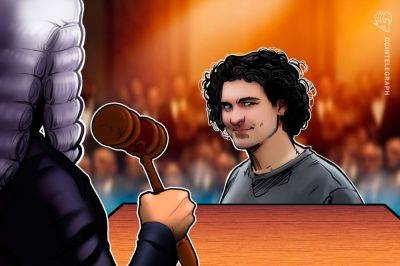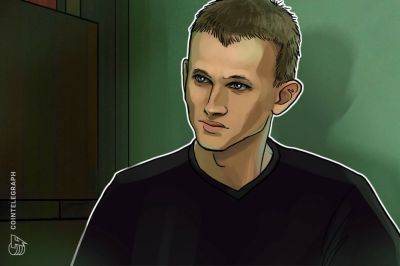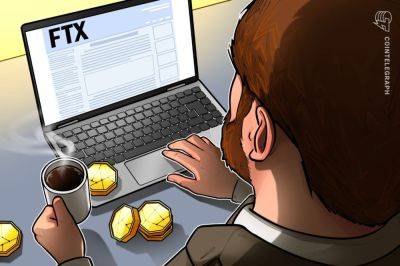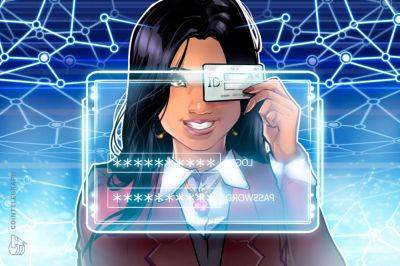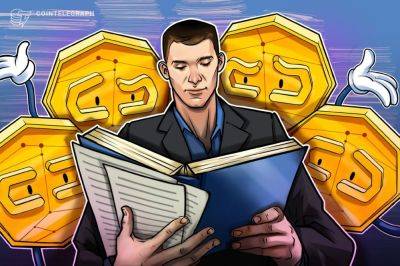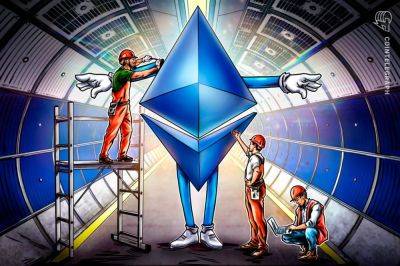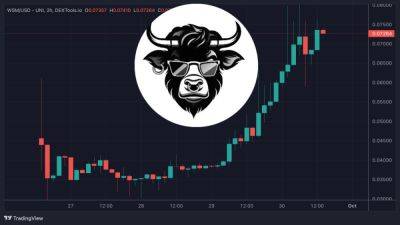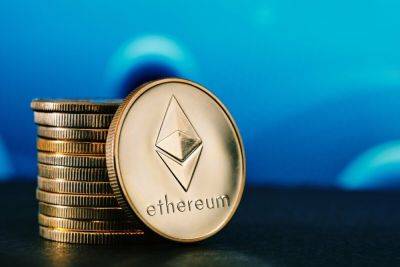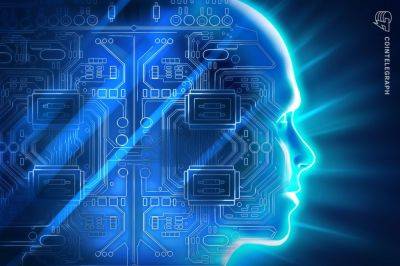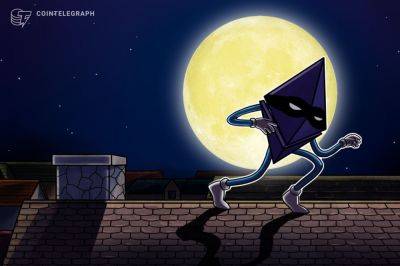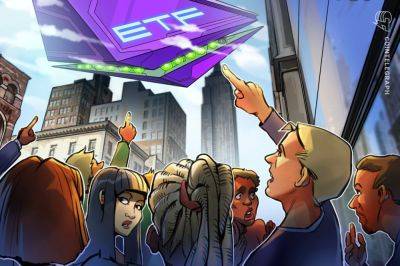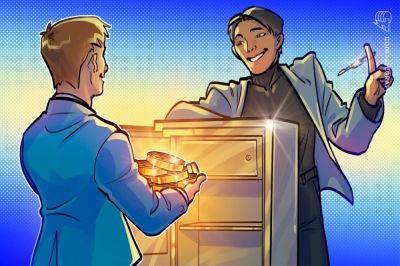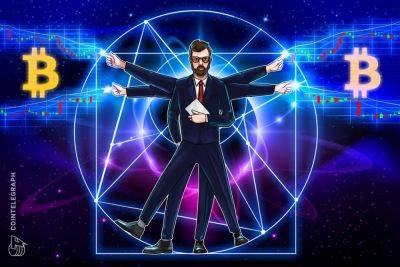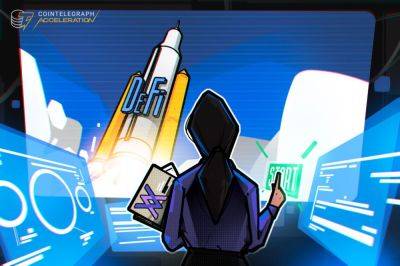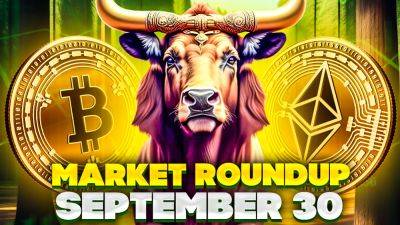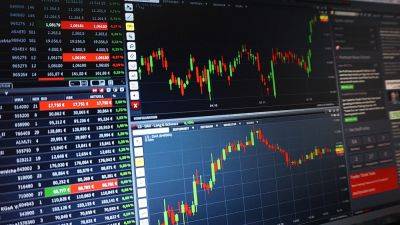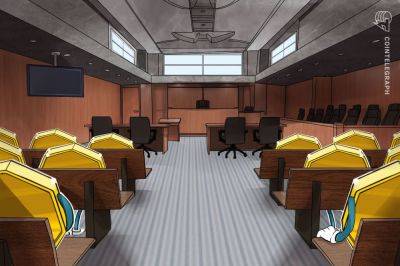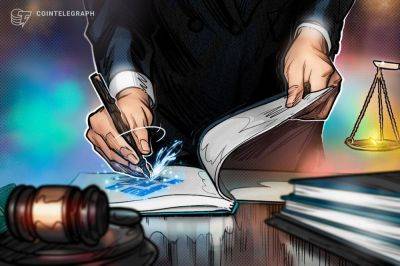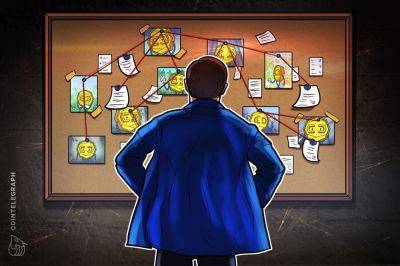'Really bad economics': Nobel laureate Joseph Stiglitz explains where the Fed went wrong on inflation
The Federal Reserve «didn't do their homework» and mischaracterized the spike in inflation that has plagued the U.S. economy over the last two years, according to Nobel Prize-winning economist Joseph Stiglitz.
U.S. inflation started to gain pace in early 2021 as the economy emerged from the Covid-19 pandemic, rising from an annual 1.2% in December 2020 to a 40-year high of 9.1% in June 2022.
The Fed didn't start hiking rates until March 2022 and Chair Jerome Powell repeatedly insisted that inflation was "transitory," indicating that it could be easily tamed.
«The Fed thought the source of the inflation that began in the post-pandemic era was excess demand, and you could understand why they may have thought that if they didn't do their homework,» Stiglitz told CNBC's Steve Sedgwick on the sidelines of the Ambrosetti Forum on Thursday night.
Instead, Stiglitz said that the price rises were often driven by other factors, such as a shortage of key components like semiconductor chips.
In an effort to drag inflation back down towards its 2% target, the Fed has now hiked interest rates 11 times in total to a target range of 5.25%-5.5%, the highest level for more than 22 years.
Considerable progress has been made, with the 12-month headline consumer price index reading falling to just 3.2% on the year in July, and multiple data points suggesting that inflationary pressures have eased considerably.
Although he does not see the aggressive monetary policy tightening of the last 18 months tipping the U.S. economy into recession, Stiglitz suggested there are lessons to be learned from the Fed's assessment of inflationary dynamics.
«It's really bad economics, because [the Fed] saw that the government had passed this enormous recovery
Read more on cnbc.com


 cnbc.com
cnbc.com